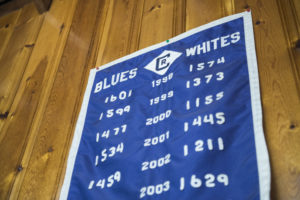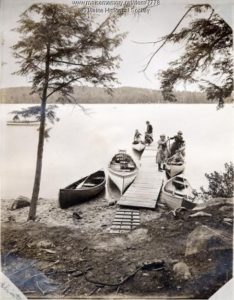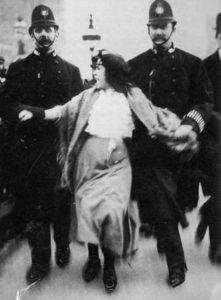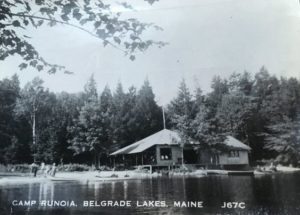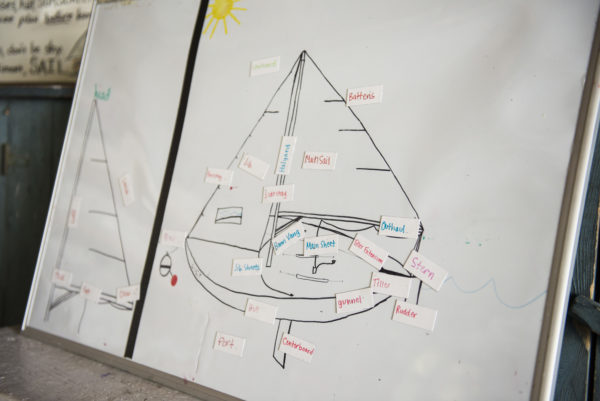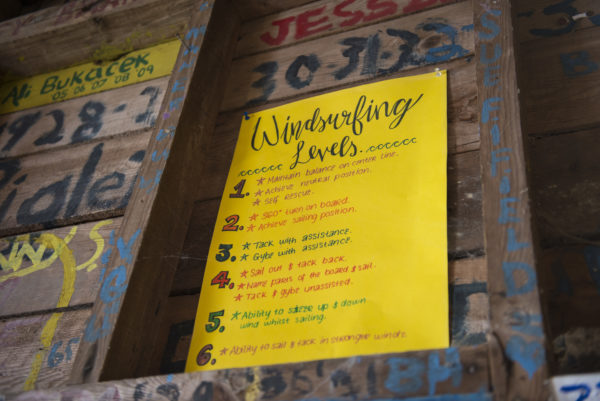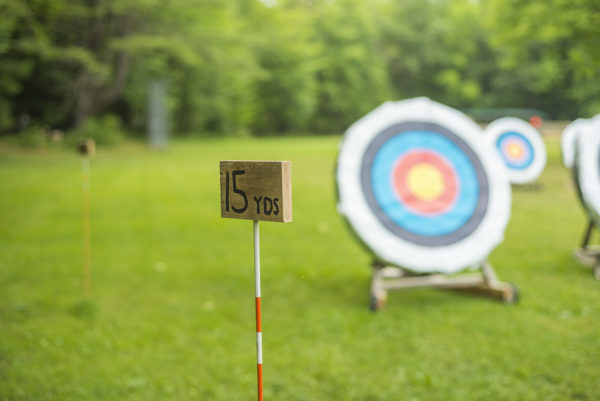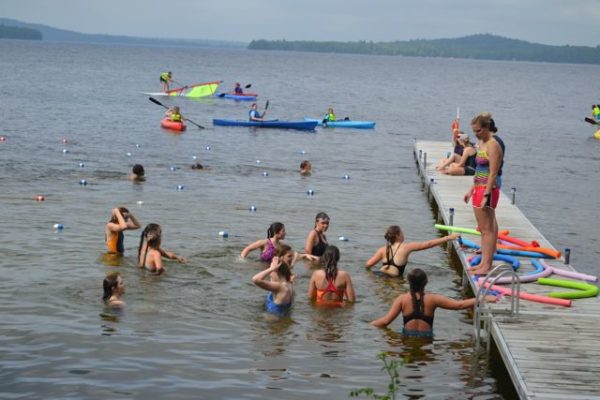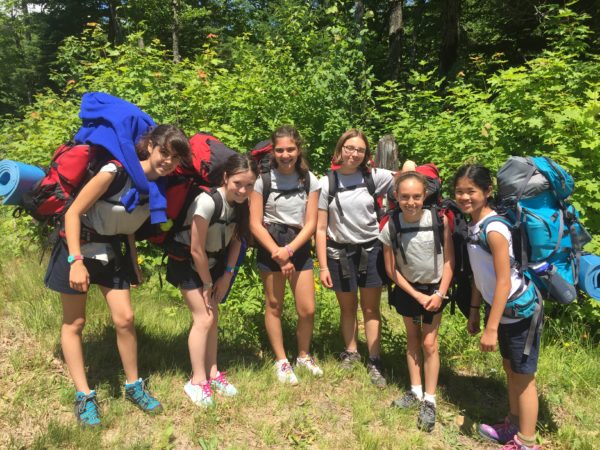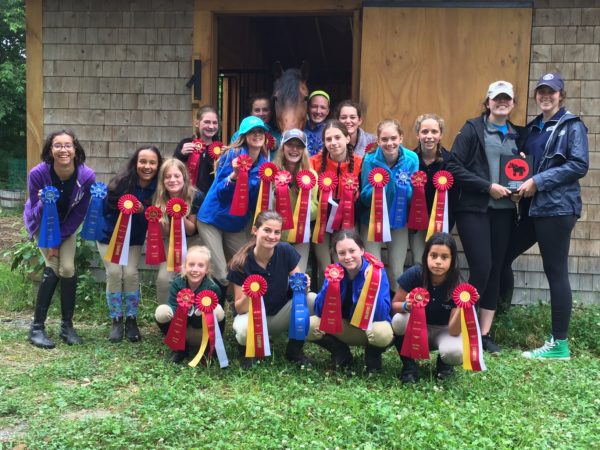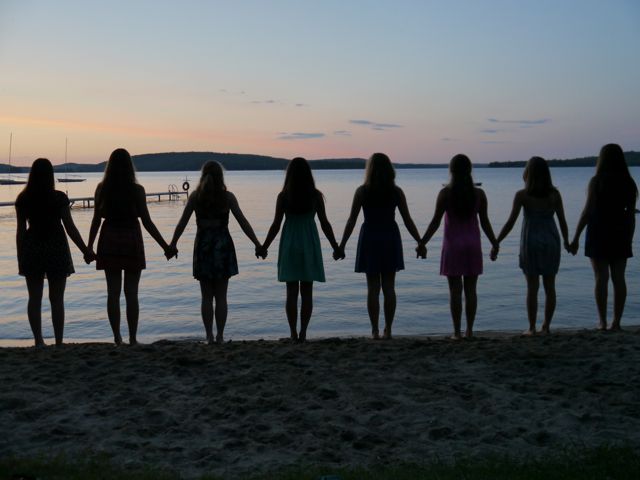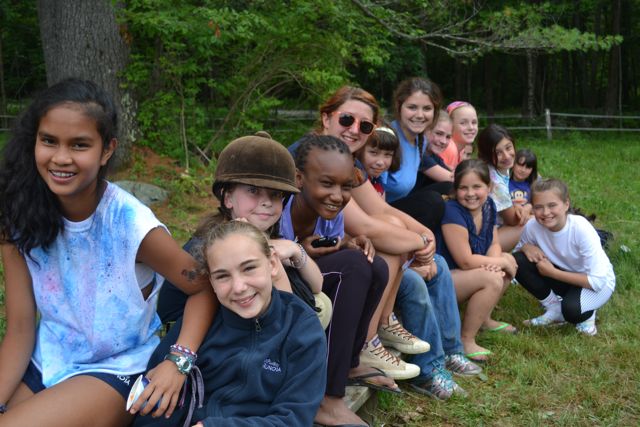Written by: Jeannie Fleming-Gifford
“How to Raise a Creative Child. Step One: Back Off.” This New York Times article headline was like a slap in the side of my head, a nice wake-up call.
Yes, I am one of those parents. My child arrived in this world with bright blue eyes. They sparkled and I immediately saw her potential. I dream big for her future and the gifts she will offer the world.
From her earliest days, we have taken advantage of library programs, countless recreational classes – from swimming to soccer, and she has had access to a multitude of mediums for her artistic endeavors. I, like so many, have seized the opportunities deemed worthy to fuel my child’s success, but, as I read this article, I began to question some of my efforts.
The words “back off” had punch. They stung a little. Back off? Um, it may be the opposite of how I have approached fueling the creativity of my child over the last 9 years.
As I sipped my coffee, I continued to delve into the contents of this article:
“What holds them (children) back is that they don’t learn to be original. They strive to earn the approval of their parents and the admiration of their teachers…practice makes perfect, but it doesn’t make new.”
And what DID this article note fuels the creative mind? “Children had freedom to sort out their own values and discover their own interests. And that sets them up to flourish as creative adults.”
Freedom. Discover interests. Flourishing.
Yes, I want this for my child as well! How can we – as parents – find the balance?
All through the school year, we help to plot and plan our children’s lives. Oh yes, they help select those activities, but some things are also just a given. They are expected, and, I also know…they are needed. The daily routines and structure we set to support our children’s growth and development provides them with opportunities to learn and grow, but are they also stifling their creative minds?
What will fuel them with spark and perseverance in working towards their passions? How do we find balance between driving our child’s interests and skills and helping them develop the skills to think, grow and act independently…be driven by their joy and passions?
Last summer, as a parent of a Runoia camper and a staff member of the Runoia camp, I gained a unique perspective. As a staff member, I became part of the process of helping to create, oversee and implement diverse, quality, safe and FUN summer experiences. As a parent, I watched my daughter and many other girls immerse themselves in these opportunities.
There are numerous activities for girls to explore at Runoia: art, equestrian, high ropes, farm and garden, tennis, ceramics, swimming, drama, riflery, wood working, and the list goes on and on…
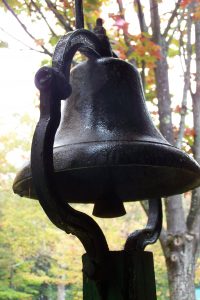
And the beauty of the structure of these activities? There is FREEDOM. There is CHOICE.
And with this, GIRLS FLOURISH.
If you’re a Runoia girl, you know all about “tagging up.” Last year, I watched the excitement of each morning as campers were called in for this tradition of choosing their daily adventures. I watched Alex as she talked with every camper, every day, about what choices THEY wanted to make about their day. I watched girls relish in their freedom of these choices. I listened to their excited chatter as they stood by the tag board and eagerly waited to “tag up” for THEIR day. The multitude of options and THEIR FREEDOM to make those choices is a gift to these girls each summer.
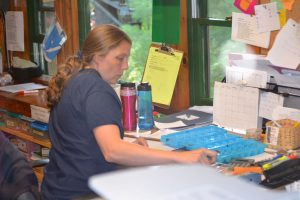
I know – as a parent too – that through the year, my child makes choices about her activities, but those choices are then long-term commitments – weeks, sometimes months – of routine. Yes, those commitments yield benefits. But the opportunity to then provide a summer of explorations, a summer of choice also nets many rewards. The chance to try something new, even daily…to engage in a new endeavor. To not have to be the expert, but to find joy in learning something new…to have the time to challenge oneself…
“What motives people…passion – discovered through natural curiosity or nurtured through early enjoyable experiences with an activity or many activities.”
“If you want your children to bring original ideas into the world, you need to let them pursue their passions, not yours.”
This is summer at Runoia and it may be one of the greatest gifts we can give our girls.
Wishing you and yours a Happy New Year.
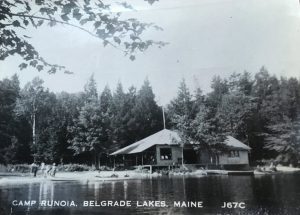
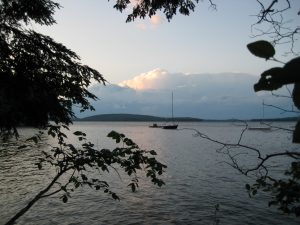


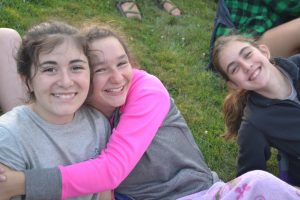
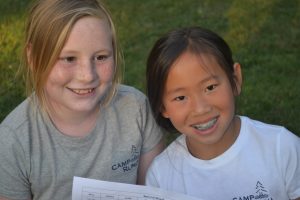

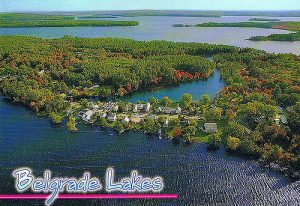
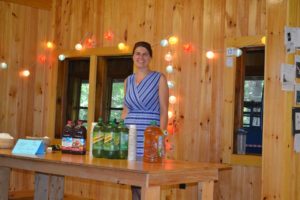
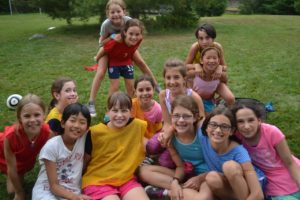 Camp Runoia has a tradition of the losing team cheering the team who wins. It’s almost a game to see who can cheer first. Who thinks of others before themselves? Who praises a job well done? And who accepts defeat with humble gratitude to all the players who helped the team get as far as they could? The value of children learning how to lose graciously or win with good sportsmanship builds life long skills.
Camp Runoia has a tradition of the losing team cheering the team who wins. It’s almost a game to see who can cheer first. Who thinks of others before themselves? Who praises a job well done? And who accepts defeat with humble gratitude to all the players who helped the team get as far as they could? The value of children learning how to lose graciously or win with good sportsmanship builds life long skills.